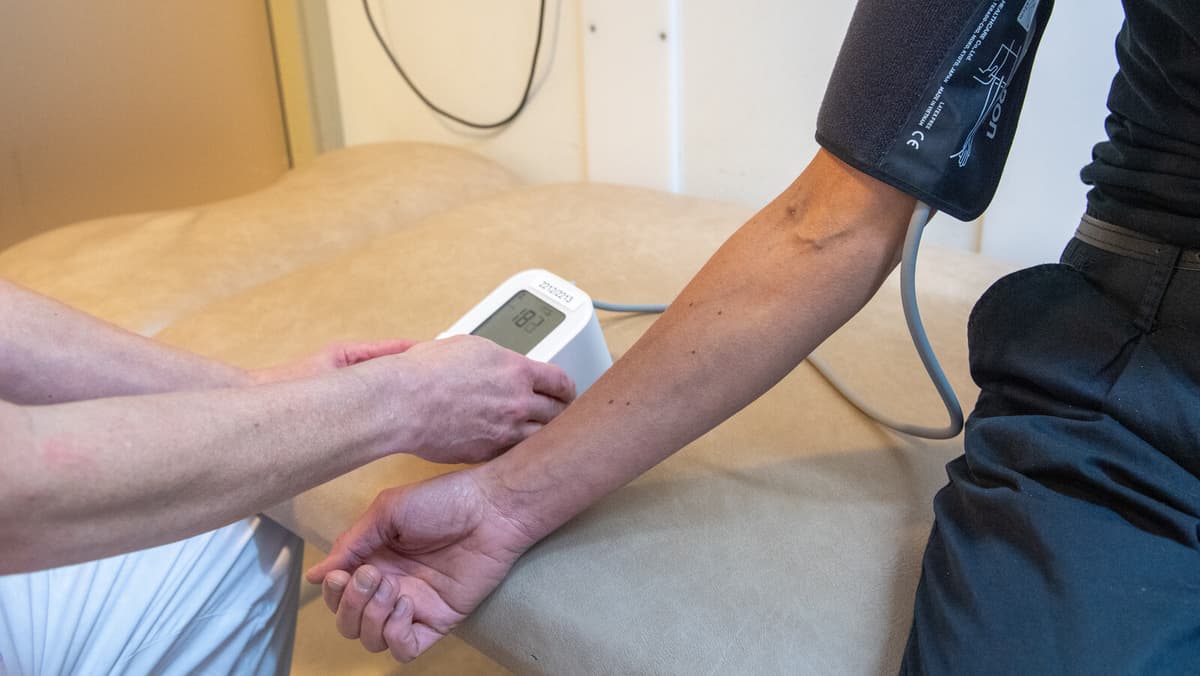Many women are affected by various forms of discomfort during menopause, ranging from hot flashes to sleep disorders and joint pain. Taking hormone replacement therapy can alleviate the symptoms, but there has been a concern that it leads to an increased risk of heart and cardiovascular disease.
The concern is based on studies conducted over 20 years ago and they only examined one type of treatment, says Therese Johansson, researcher in women's health and the study's lead author.
One million women
Together with research colleagues from Uppsala University, she has gone through data on around one million women between 50 and 58 years old. They have reviewed seven different preparations given as tablets, patches, spray, or hormone spiral, and the results have been published in the journal BMJ.
The women were followed from the start of hormone treatment and for two years onwards. The risk of blood clots and heart and cardiovascular disease was then compared with women of the same age who did not receive a prescription for hormone treatment.
The results show that newer preparations, such as hormone patches and spray, are associated with lower risks of heart attack and stroke compared to older treatments, such as tibolone. Tibolone, which is a synthetic hormone medication, was linked to an increased risk of both heart attack and stroke, but not to an increased risk of blood clots. The risk of suffering a heart attack or stroke as a result of tibolone is estimated to be one in a thousand.
Talk to your doctor
Combination preparations containing both estrogen and progesterone, on the other hand, carry a certain increased risk of blood clots, including deep vein thrombosis.
Therese Johansson says that for most women taking hormone treatment, there is no reason to worry.
But it is important to be aware of the risks and to choose the right treatment, as they vary. Discuss with your doctor which treatment is best suited, especially if you have other risk factors for heart and cardiovascular disease, she says.
The researchers could also see that the use of safer alternatives, such as hormone patches, has increased by around 50 percent between 2007 and 2020.
For most women, the right treatment entails a very small risk compared to the health benefits that treatment can provide, she says.
The study is based on all prescriptions for hormone treatment medications in Sweden between 2007 and 2020 and includes around one million women between 50 and 58 years old.
The women were followed from the start of hormone treatment and for two years onwards.
The risk of blood clots and heart and cardiovascular disease was compared between women who had received a prescription and those who had not received a prescription for hormone treatment.
The results show, among other things, that tibolone, which is used in Sweden but is not approved in, for example, the USA, was linked to a clear increased risk of both stroke and heart attack, while hormone patches did not have the same risks.
The risk of suffering a heart attack or stroke as a result of tibolone is estimated to be one in a thousand women.
Combination preparations containing both estrogen and progesterone, on the other hand, carry an increased risk of blood clots, including deep vein thrombosis. The risk of deep vein thrombosis is estimated by the researchers to be around seven per thousand women per year.






